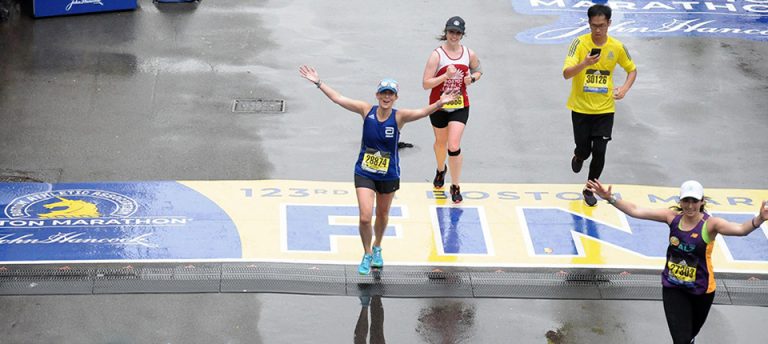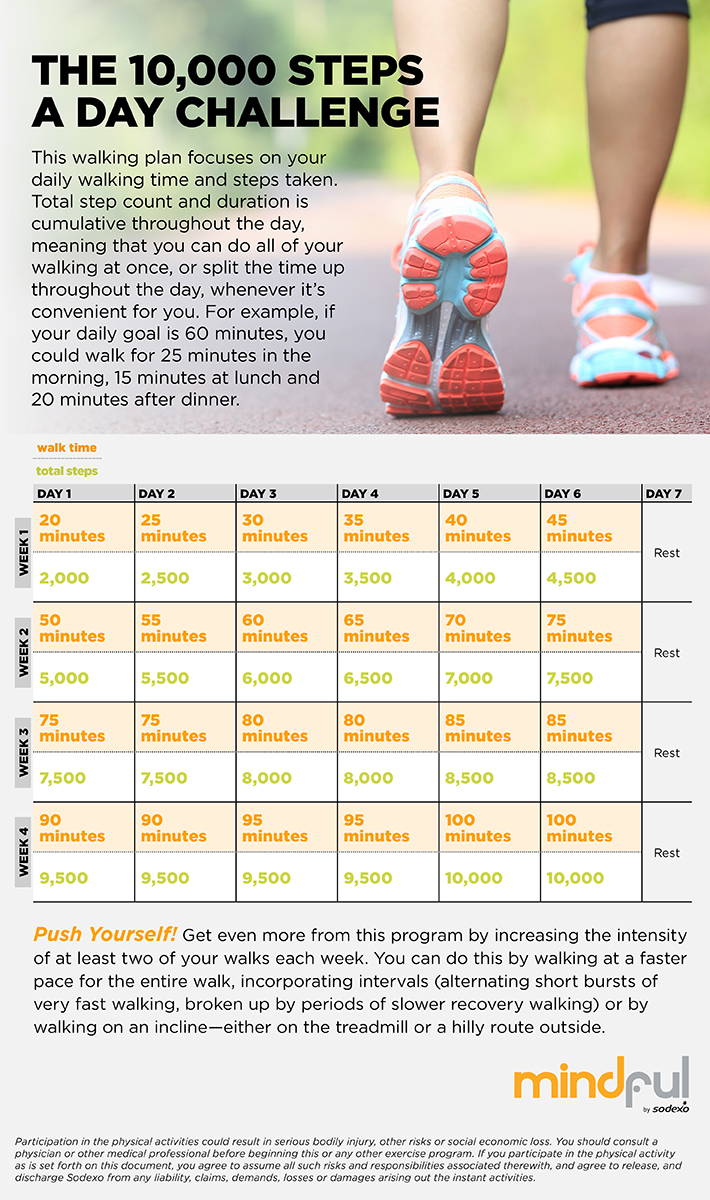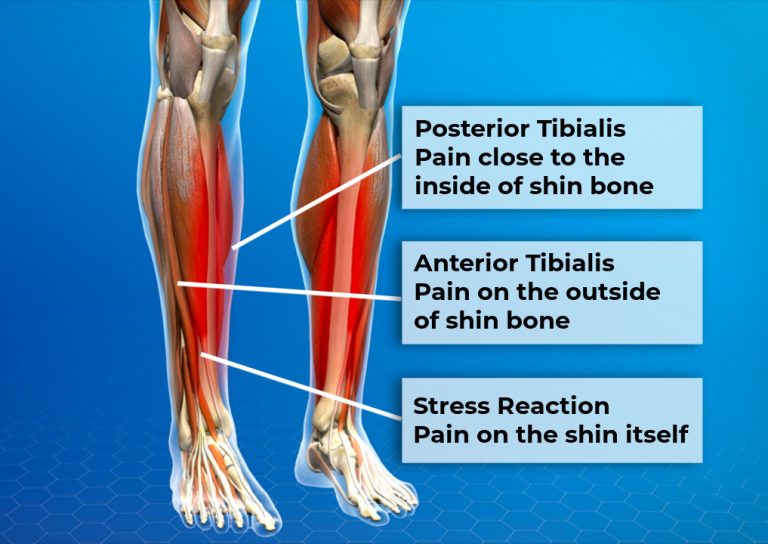How Much Do Marathon Pacers Get Paid
Marathon pacers typically earn between $100 to $200 per race. This rate can vary based on experience and race size.
Marathon pacers play a crucial role in guiding runners to achieve their desired finish times. Their expertise and support help participants stay on track and pace themselves effectively throughout the race. While the financial compensation for pacers may not be their primary motivation, it serves as a token of appreciation for their dedication and commitment to the running community.
Let’s delve deeper into the world of marathon pacing and explore the factors that influence how much these professionals get paid for their valuable services.
The Role Of Marathon Pacers
Marathon pacers play a crucial role in race events, providing guidance, motivation, and support to runners. These experienced athletes are responsible for maintaining a consistent pace throughout the race and help participants achieve their target finish times. To become a marathon pacer, certain qualifications and responsibilities must be met.
Responsibilities
Marathon pacers take on several important responsibilities during a race:
- Setting the Pace: Pacers are assigned specific target times and are responsible for running a consistent pace throughout the race. By maintaining this pace, they help runners avoid burning out too early or leaving too much energy for the end of the marathon.
- Guiding and Motivating: Pacers provide guidance and encouragement to runners, helping them stay mentally strong and focused. They offer words of wisdom and motivation, keeping participants motivated and inspired to achieve their personal best.
- Providing Strategic Advice: Pacers share valuable race strategy advice, offering insights into course difficulties, hydration stations, and when to conserve energy or push harder. This information helps runners make informed decisions during the race.
- Supporting Team Spirit: Marathon pacers create a sense of camaraderie among the runners. They often wear distinctive clothing or carry flags with target times, making it easier for participants to find and follow them. This fosters a supportive and united atmosphere among the runners.
- Offering Practical Help: Pacers serve as a reliable source of support during the race. They may carry extra fluids or energy gels to provide to runners in need. They may also offer advice on maintaining proper form and pace, preventing injuries or exhaustion.
Qualifications
To become a marathon pacer, certain qualifications must be met:
- Experience: Pacers should have significant experience in long-distance running, preferably completing multiple marathons themselves. This allows them to have a thorough understanding of pace management and race dynamics.
- Consistent Pace: Pacers must be able to maintain a consistent pace throughout the entire marathon. This requires discipline, endurance, and the ability to adjust their pace when necessary to meet the target finish time.
- Communication Skills: Pacers need to effectively communicate with the runners they are guiding. Clear instructions, positive encouragement, and motivational statements are essential for keeping participants motivated and engaged.
- Course Familiarity: Pacers should possess a comprehensive knowledge of the racecourse, including any challenging sections, timing mats, and aid stations. This allows them to provide accurate guidance and anticipate potential difficulties.
Marathon pacers are an invaluable asset to both new and experienced runners, helping them achieve their goals and providing a sense of reassurance during long-distance races. With their expertise, guidance, and support, pacers contribute to a memorable race experience for all participants.

Credit: www.ebay.com
Factors Influencing Pay
Pace Time
The faster the pace time set by the marathon pacers, the higher the payment they receive.
Experience
Experienced pacers command higher pay due to their skills in pacing runners effectively during the race.
Race Level
The prestige of the race also influences pacers’ pay rates as larger and more popular races tend to offer better compensation.
Average Compensation
Marathon pacers typically receive compensation based on factors such as race distance and experience. However, standard rates for pacing tend to range between $100 to $200 per race, with some events offering additional incentives such as free race entry or travel expenses.
Per Race
An average compensation for marathon pacers is between $100 to $200 per race.
Additional Benefits
Marathon pacers commonly receive free race entry, travel reimbursements, and sponsor perks.
— Average Compensation: Marathon pacers are typically paid $100 to $200 per race. In addition to monetary compensation, pacers often enjoy various perks such as free race entry, travel reimbursements, and sponsor perks.Per Race
– Marathon pacers receive between $100 to $200 per race.Additional Benefits
– They commonly receive free race entry, travel reimbursements, and sponsor perks.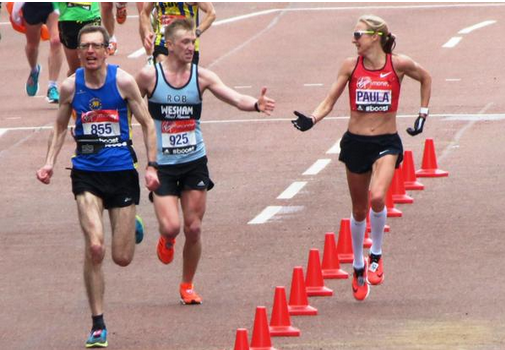
Credit: runningmagazine.ca
Challenges Faced By Pacers
Marathon pacers often face the challenge of fluctuating pay rates based on race distances, experience, and demand. However, they play a crucial role in guiding runners, offering motivation, and ensuring a successful race.
Pacing Strategy
As marathon pacers, one of the key challenges we face is developing an effective pacing strategy. Our goal is to maintain a consistent pace throughout the entire race, ensuring that we help runners achieve their desired finish time. To accomplish this, we carefully analyze the race course, taking note of any uphill or downhill sections, and adjusting our pace accordingly. By devising a well-thought-out pacing plan, we can not only set a tempo that allows runners to conserve their energy but also motivate them to push through mental and physical barriers.Managing Runner Expectations
Another significant challenge is managing the expectations of the runners we pace. Each participant has their own goals, whether it’s a personal best or simply completing the race. It is crucial for us to understand these goals and communicate openly with runners, ensuring they have a realistic understanding of their capabilities based on their training and fitness level. By establishing clear expectations and providing continuous encouragement, we can help runners stay focused, motivated, and prevent them from pushing beyond their limits too early in the race.Table: Common Challenges Faced By Pacers
| Challenge | Solution |
|---|---|
| Injury or Fatigue | Preventive measures such as proper training, rest, and recovery |
| Unpredictable Weather | Monitoring weather forecasts and adapting pacing strategies accordingly |
| Dealing with a Large Group | Using clear signals, verbal cues, and maintaining visibility to guide runners effectively |
Overall, being a marathon pacer comes with several challenges. Pacing strategy and managing runner expectations are among the most crucial aspects of our role. By adopting a well-planned pacing strategy and effectively managing the expectations of the runners, we can ensure a successful and fulfilling experience for both the participants and ourselves.
Tips For Becoming A Marathon Pacer
If you have a passion for running and enjoy motivating others, becoming a marathon pacer could be a fulfilling and rewarding endeavor. As a pacer, you’ll guide participants to achieve their desired race times while ensuring a consistent pace throughout the marathon. In addition to the intrinsic rewards, pacers often receive compensation for their services. Here are some helpful tips for becoming a marathon pacer, including essential training and networking strategies.
Training
Training to become a marathon pacer involves more than simply maintaining a specific pace during the race. It’s crucial to have a deep understanding of pacing strategies, race dynamics, and the ability to adapt to various conditions. To effectively prepare for the role, consider the following:
- Engage in regular long-distance running to build stamina and endurance.
- Practice maintaining consistent pacing to develop a natural sense of speed and rhythm.
- Focus on understanding race courses and elevation changes to anticipate pacing adjustments.
- Study nutrition and hydration techniques to support both your performance and the participants’ well-being.
Networking
Building a strong network within the running community can greatly enhance your opportunities to serve as a marathon pacer. Networking initiatives can include:
- Participating in local running clubs and group training sessions to connect with fellow runners and race organizers.
- Volunteering at races and community running events to establish relationships with event coordinators and experienced pacers.
- Engaging with online running forums and social media groups to exchange insights and experiences with other pacing enthusiasts.
- Seeking mentorship from experienced pacers to gain valuable advice and learn from their expertise.
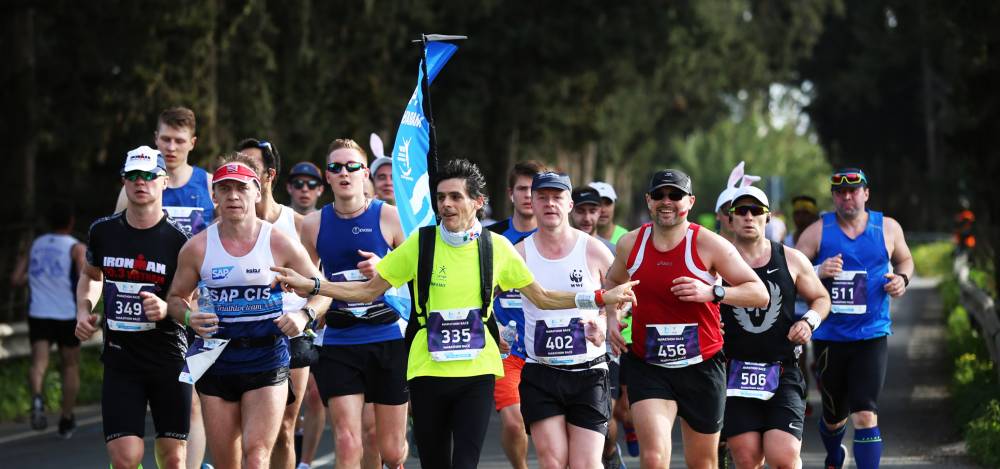
Credit: www.limassolmarathon.com
Frequently Asked Questions For How Much Do Marathon Pacers Get Paid
Do Pacers In Marathon Get Paid?
Pacers in marathons are not usually paid; they volunteer to help runners maintain a consistent pace.
How Much Does A Pacer Earn?
A pacer typically earns around $15-$25 per hour for pacing runners in races or training runs.
How Much Do Elite Marathon Pacers Make?
Elite marathon pacers can earn anywhere between $200 to $500 per race, depending on their experience and reputation. They are often hired by race organizers to help participants achieve specific time goals and maintain a steady pace throughout the race.
Conclusion
Marathon pacers play a crucial role in ensuring the success and efficiency of long-distance races. While the overall payment for marathon pacers varies depending on several factors, such as experience and event size, they generally receive fair compensation for their dedication and expertise.
Their ability to maintain a consistent pace and motivate runners contributes to an unforgettable race experience for participants. So, if you’re considering becoming a marathon pacer, rest assured that your efforts will be acknowledged and rewarded.



